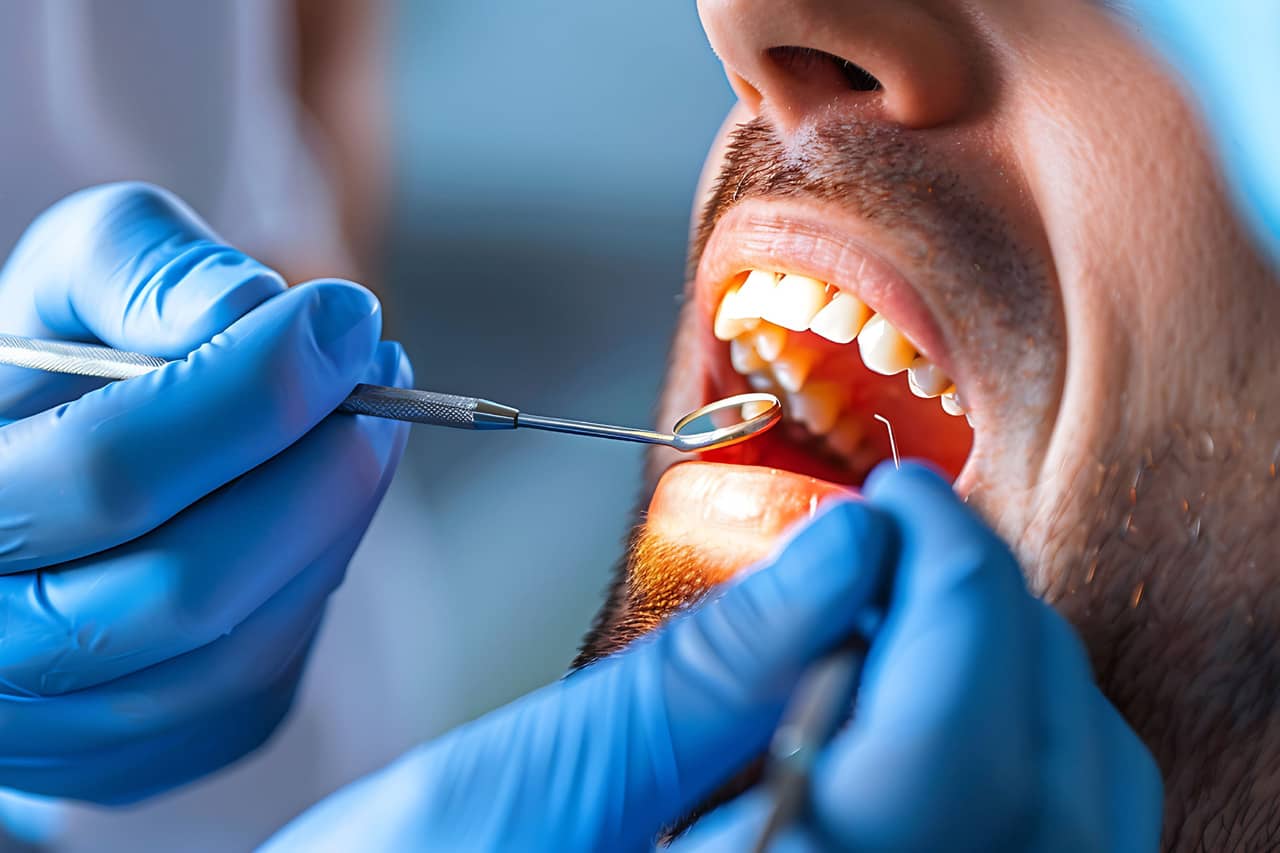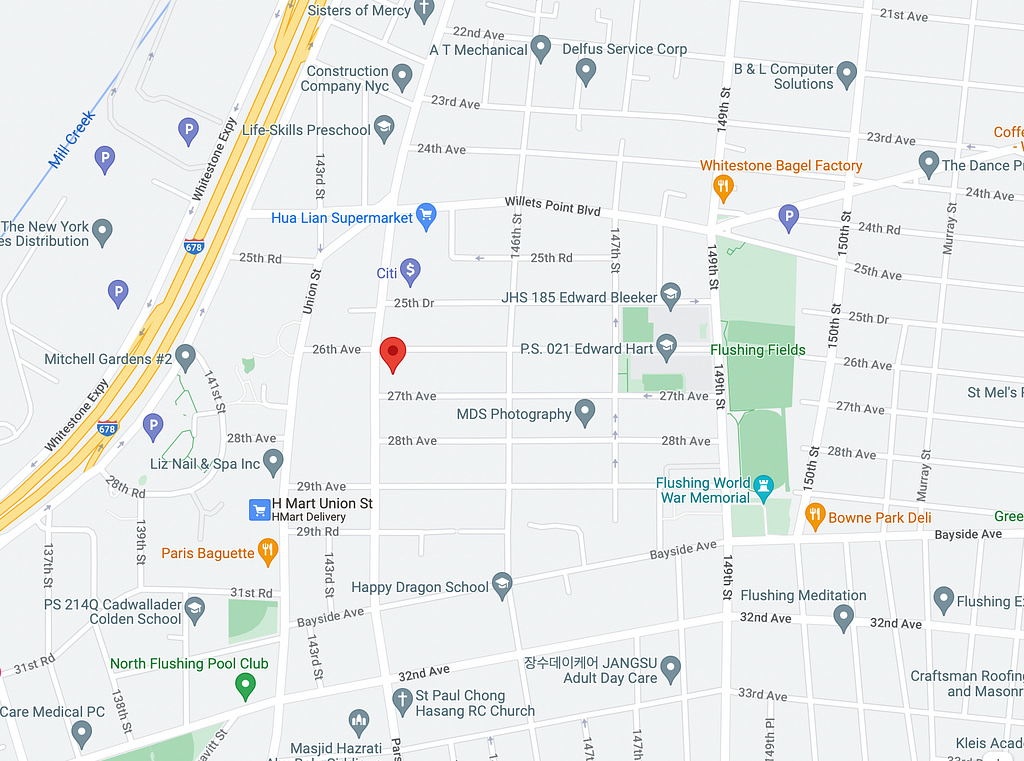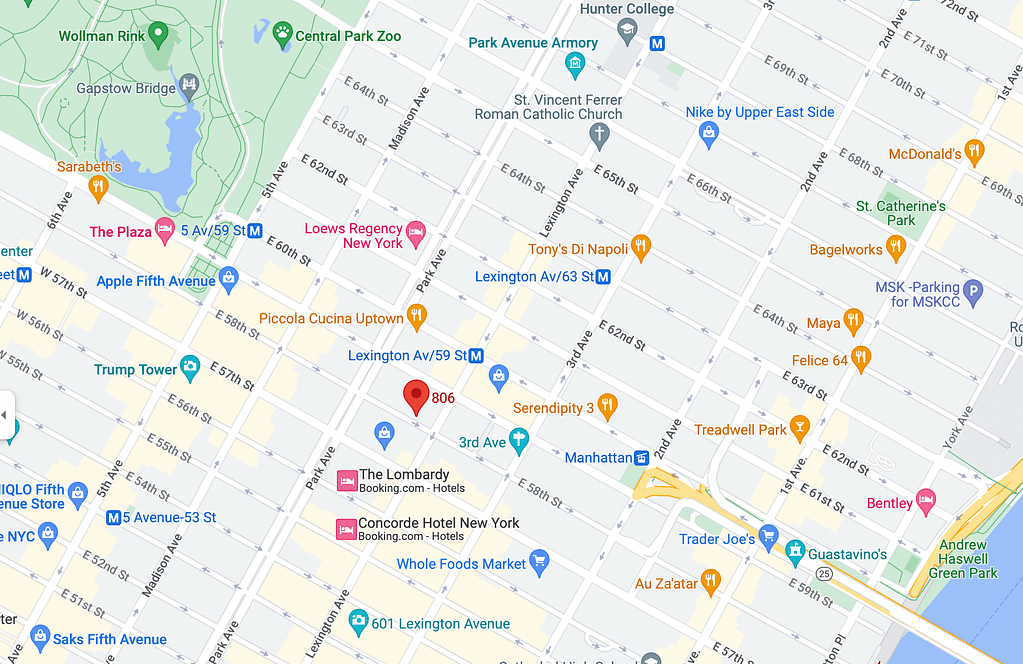
Your smile is a valuable asset, and maintaining it plays a significant role in your health and confidence. However, even the most thorough oral care routine may occasionally fall short, leading to issues like cavities. Cavities often develop gradually, and many people remain unaware until the problem advances.
At Parsons Smile Center, recognizing early signs of dental decay can make a difference in preserving oral health. We can help you recognize the symptoms that may signal the need for a dental filling, allowing you to take proactive steps to address concerns and prevent complications.
5 Signs You Need a Dental Filling
If you notice any of the following factors, it’s important to reach out to a dentist to see if you have a cavity:
Sensitivity to Hot or Cold Foods
One of the early signs you may have a cavity is increased sensitivity to hot or cold foods and beverages. If you find that certain temperatures trigger discomfort or pain, this could indicate that the protective enamel layer of your tooth is compromised. Sensitivity may arise when dental decay exposes the inner layers of your tooth, making it more vulnerable to temperature changes. This heightened sensitivity is often a clear sign you need a dental filling to restore the affected tooth and protect it from further damage.
Unexpected Pain When Biting Down
Another sign that you may need a tooth filling is unexpected pain when biting down on food. This discomfort can indicate that there is a hole in your tooth, potentially caused by dental cavities. When you bite down, the pressure can exacerbate the pain, signaling that decay may have reached the nerve endings within your tooth.
If you experience consistent pain while chewing, it may be a sign of a more serious issue, such as an abscess or deeper cavities that require immediate attention. Early detection is key, as untreated cavities can lead to severe tooth pain and even tooth loss over time.
Tooth Discoloration
When you notice dark spots or stains on your teeth, it could be an indication of cavities or dental decay. These discolorations can result from the breakdown of enamel, which allows bacteria to penetrate deeper into your tooth structure.
Visible Holes in Teeth
Visible holes in your teeth are one of the most apparent signs you may need a dental filling. If you notice a hole in your tooth, it is likely that you have a cavity that requires immediate attention. These holes can result from prolonged dental decay, and if they are not treated promptly, they can lead to further complications like tooth pain or infection.
Daily Risk Factors
Cavities occur when harmful bacteria produce acids that erode tooth enamel. While everyone is susceptible, factors like diet, oral hygiene practices, and genetics influence your risk. Frequent consumption of sugary and acidic foods and beverages can significantly increase the likelihood of developing cavities. When these substances linger on the teeth, they provide an ideal environment for bacteria to thrive.
When Is a Root Canal Necessary Instead of a Filling?
A root canal becomes necessary when the decay has advanced to the inner pulp of the tooth, which contains nerves and blood vessels. If you are experiencing severe tooth pain, swelling, or signs of infection, a root canal may be the appropriate treatment to save the tooth.
In contrast to a dental filling, which addresses only the outer decay, a root canal involves removing the infected pulp and sealing the tooth to prevent future issues.
Contact Parsons Smile Center Today For Prompt Dental Care
Regular dental check-ups are key to maintaining oral health. Parsons Smile Center emphasizes routine examinations, helping detect cavities before fillings become necessary. These visits allow our skilled team to spot early decay signs that may not be visible to the naked eye, ensuring your smile stays bright and healthy.
Contact Parsons Smile Center at our Manhattan location at (212) 223-5100 or our Flushing office at (718) 939-0862. You can also use our contact form.




